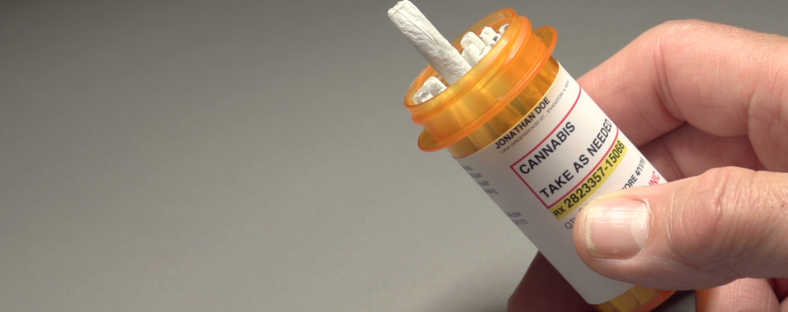Police commissioner calls says small-scale cannabis growers ‘won’t face prosecution’
A year ago, Durham’s police and crime commissioner Ron Hogg made headlines when he claimed that Durham police were no longer going after cannabis “users and small-scale growers.”
Northern Quarter reporter Miles Casey interviews the man behind the comments, in a preview for his upcoming documentary concerning the legality of medicinal cannabis

It may sound like an oxymoron to hear of a police commissioner in favour of the decriminalisation of drugs but for Durham’s Ron Hogg, nothing could be more true.
Commissioner Hogg first made the headlines last year when his comments that Durham’s police would not be “wasting their time” on pursuing low level cannabis users went viral.
“The message is very clear,” hereiterated, Durham’s police force is “not interested in low level use [of cannabis], we’re not really interested in people growing small quantities for personal use.”

This, however, does not mean he has given the green light for drug users to do whatever they want, making explicitly clear that “if you light up in front of a copper, expect to get locked up”.
Some in the media have dubbed his policy potty but But what has led him to hold the view that decriminalisation will lead to a “lower level of use of illegal drugs and a reduction in harm”?

Firstly, he pointed out the example set by Portugal, which has seen a significant drop in the level of heroin use, showing that “there is another way”.
“If we got to the stage where we decriminalise drug addiction, we might see the significant changes we’ve seen in Portugal.”
Secondly, his views are based on his 30 years’ experience as a policeman.
He said: “I started carrying out high profile drugs raids in 1979. Here we are in 2016 and we’re still doing them. So you must ask the question: what has changed? Have things got better? The answer is no.
“So, do we need new solutions? Yes, we do. And those solutions have to be health based.”
But just what kind of health based solution is Mr Hogg offering to those afflicted by drug addiction? A programme known as Checkpoint, which includes: providing a 'safe space' for heroin addicts to get a fix, knowing their needles and drugs are clean; providing reconciliation between victim and perpetrator; and keeping the addict out of the justice system, which he claims costs the tax-payer £52,000 a year while not providing any real results in terms of reoffending and getting clean.
Mr Hogg may be a local cult hero to srug users, but his recent re-election with over 50% of the vote suggests that his “sensible, not soft” stance on drugs is proving popular among the residents of Durham.
His stance on drugs has not been without it critics, however. Simon Stephens, a spokesperson for Addiction UK, has said that it sent out a message that "drugs are okay".
In response to his critics, Ron said they need “to get real.”
“If present policy was stopping people doing drugs, I’d say ‘yeah, you’ve got a point.’ But it’s not. Drugs are bound in our society and prisons. We can’t stop them going into prions or the streets. If NATO can’t stop opium in Afghanistan, how the heck do we intent, with a reduction in police numbers, to prevent drugs hitting the streets?," he said.
“We’ve got to start living in the real world. Harm is being caused now under the current situation. Let’s change that situation, let’s see if we can change.”
While his policies may seem controversial, they are proving popular among both his local constituents and addicts themselves. There is also some real success. Whether his “sensible, not soft” policy will make it across the country is yet to be seen. But with a further seven PCCs across England and Wales pledging their support, it seems his ideas are gaining momentum.


